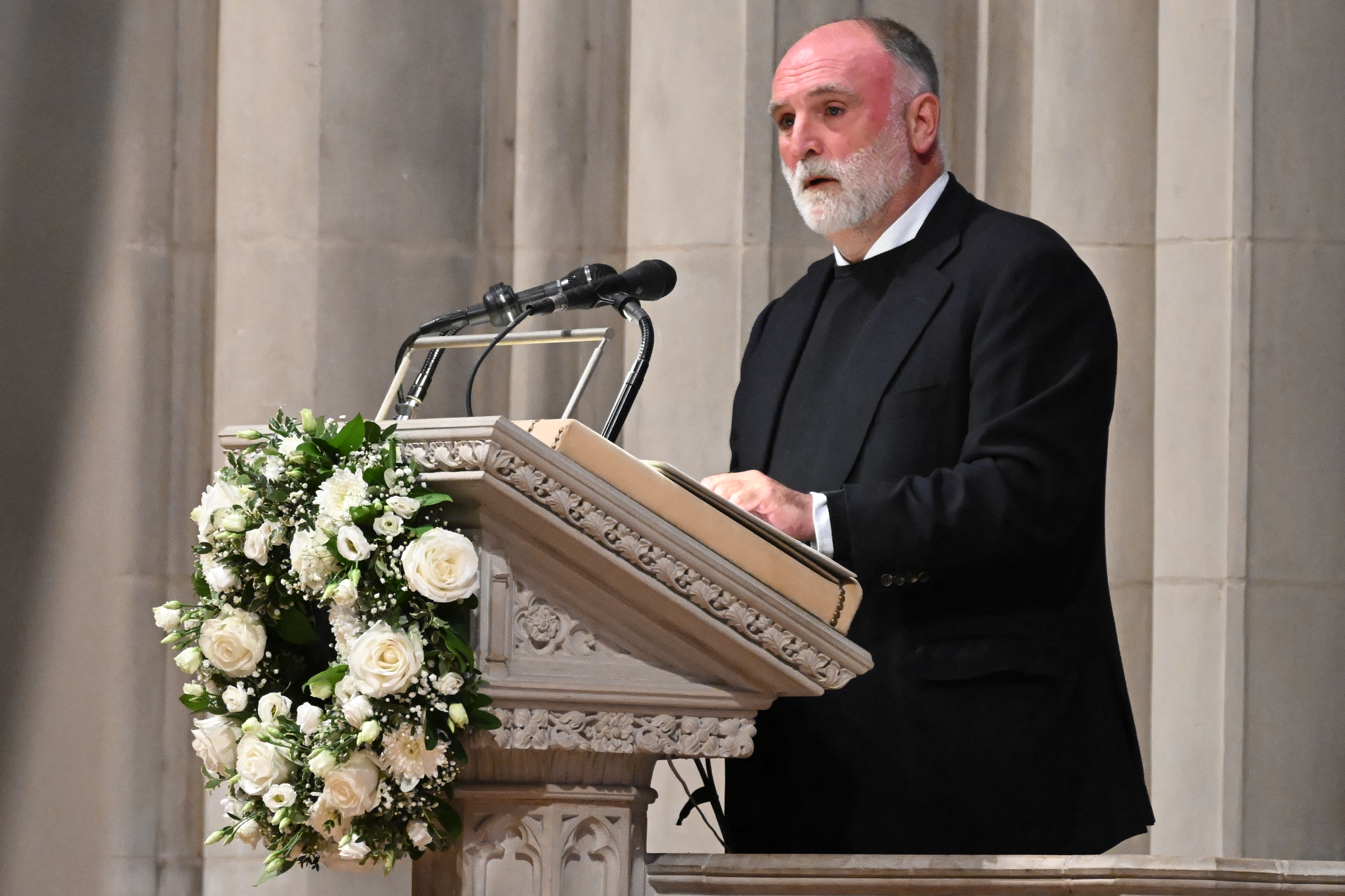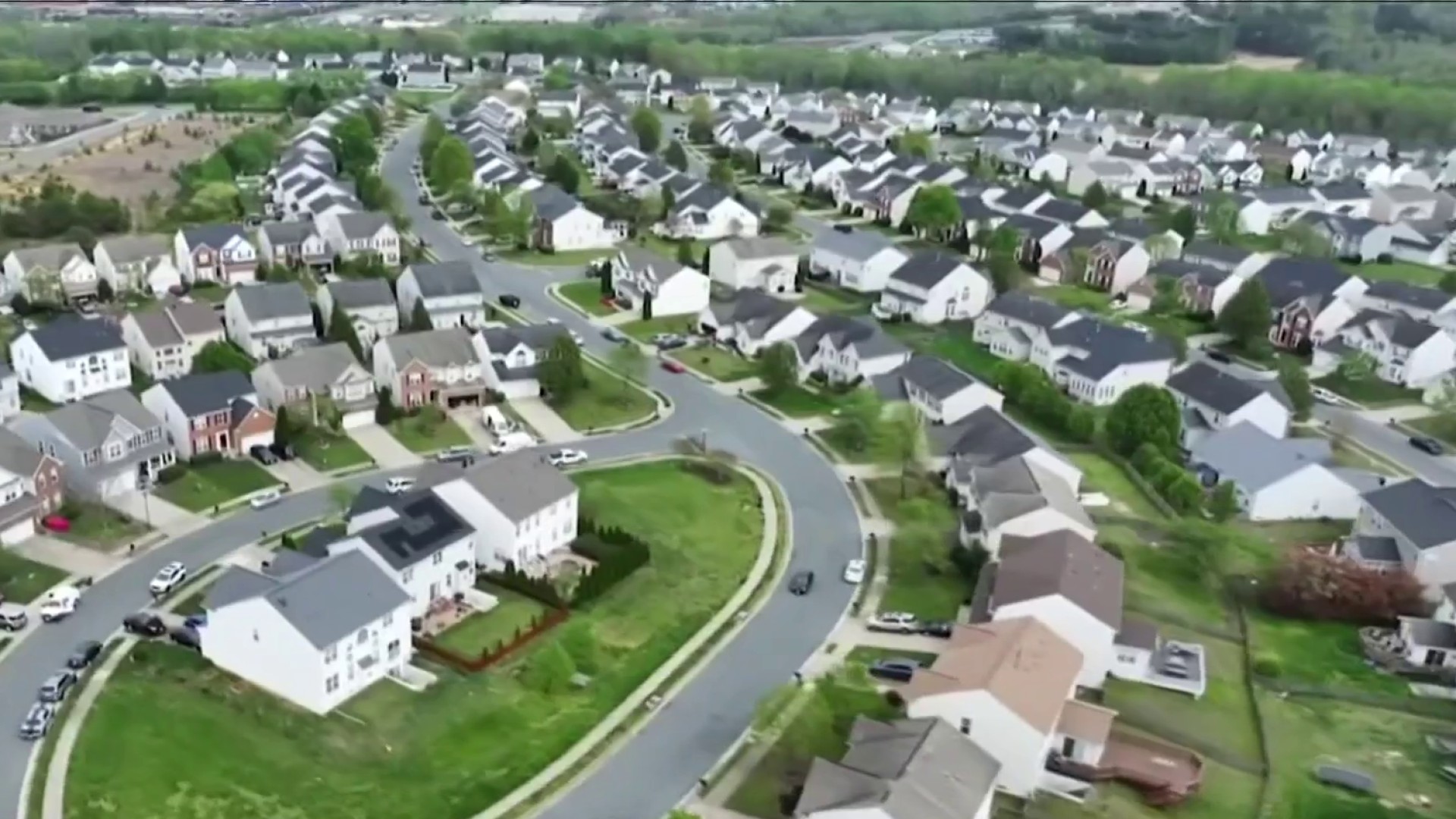Does every city neighborhood need to have green space? Most urban planners and design experts seem to think so. But when neighborhoods are close together and a city has an abundance of parks, it is always necessary?
I found myself pondering this recently when I saw a poster protesting the lack of green space in one Northwest neighborhood. It was true -- that neighborhood did not have many parks. But I knew of several parks within walking distance -- D.C., after all, has 127 named neighborhoods within its 61.4 square miles of land. They were not in that “neighborhood,” but they were certainly close by.
The issue came to mind again when I came across a Washington Business Journal piece on the transformation of the NoMA (north of Massachusetts Avenue) neighborhood. Michael Neibauer writes that NoMA “went from industrial no man’s land to burgeoning neighborhood in less than a decade, but District planners and developers omitted a critical piece of any mixed-use neighborhood: parks. There’s not a single one” amid all the new retail, business, and residential space.
Greater Greater Washington’s David Alpert writes that Ward 6 Councilmember Tommy Wells has “introduced a bill to try to fix this glaring omission” by “allocating up to $51.5 million in tax revenue from NoMA into a special fund.” Alpert says the District government “created a lot of value” when the area was rezoned, but it “all went instantly into the pockets of the current owners,” increasing the likelihood of development, but making it “almost impossible to ask for any amenities, like parks.”
But Ryan Avent of The Economist says this misses the point: “‘Public good’ doesn’t mean ‘something that every neighborhood should have’ or ‘something that should be provided at no cost.’ Rather, a public good is something that the market will under-provide in a socially suboptimal way,” such as national defense -- things that taxes must provide. Avent asks, “Are neighborhood parks like defense? Not necessarily. It is relatively easy to build a private park -- simply put up a fence around the park and sell keys to the lock on the gate. But if private actors aren’t rushing to build parks, then maybe people don’t actually care as much about parks as we think they do.”
The idea of private parks may seem like some libertarian fantasy, but we have similar places: private swim clubs and gyms, country clubs and the like. On one of my D.C.-born sons’ first trips to the suburbs, they were puzzled about why they couldn’t just run over to every swing set they saw as the would in the city -- backyards are essentially private parks.
“If residents are willing to tax themselves to pay for the land for a park, then great,” Avent writes. “That essentially solves the public good problem. But what if they don’t want to tax themselves to pay for the park?” That indicates that “they’re happy to take parks when those parks are provided for them ‘free’” -- that is, by taxing other people -- but they don’t want to pay themselves.
Local
Washington, D.C., Maryland and Virginia local news, events and information
Public parks are a public good, and I am happy to have my tax dollars go to them. But as Avent writes, “it does not follow that every neighborhood needs a park” -- there are many kinds of neighborhoods in a city, and not every neighborhood will have a movie theater or a museum or a pizza place or an organic food store, either. Neighborhoods are a part of the whole, not islands unto themselves.
Follow P.J. Orvetti on Twitter at @PJOinDC



